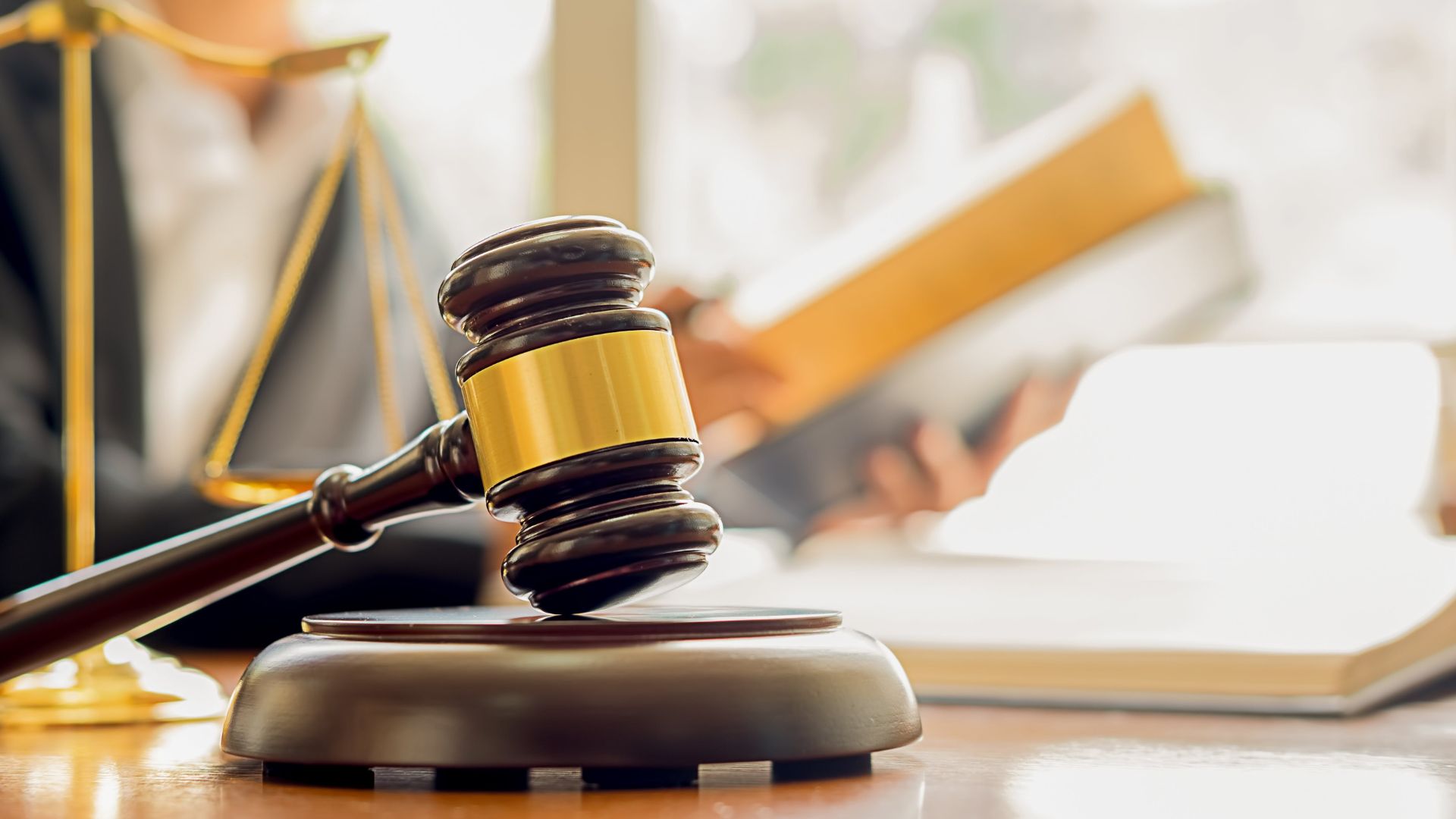
Being named the Personal Representative (often called an “Executor” in other states) of a loved one’s estate is a sign of great trust. It is also a significant legal responsibility. When a person passes away, their estate must go through a court-supervised process called probate, and you, as the Personal Representative, are the person legally in charge of managing that process.
You are not expected to know how to do everything on your own, but you are expected to do it correctly. This Florida executor checklist outlines the five primary personal representative duties in Florida that you will be responsible for.
1. Marshal (Gather) All Estate Assets
Your first major task is to take control of all the assets that belonged to the decedent. This is legally known as “marshalling assets.” It’s your job to identify, locate, and safeguard everything that is part of the probate estate.
This includes:
- Locating and securing all real estate (e.g., changing the locks on the decedent’s home).
- Accessing and taking control of all bank accounts, investment accounts, and safe deposit boxes that were solely in the decedent’s name.
- Collecting all personal property, such as vehicles, jewelry, art, and furniture.
- Identifying any life insurance policies, retirement accounts, or other assets that may pay out to the estate (if no beneficiary was named).
You must protect this property from waste, loss, or theft until it can be properly distributed.
2. File the Inventory and Notify Interested Parties
Florida law requires you to be transparent. After being appointed by the court, you have a set timeframe (typically 60 days) to file a detailed, verified inventory with the court.
- Filing the Inventory: This document lists all the probate assets you have marshalled, along with their fair market value as of the decedent’s date of death. This may require you to hire professional appraisers for assets like real estate or valuable collectibles.
- Notifying Heirs: You must formally notify all beneficiaries (heirs) named in the will, or those entitled to inherit under state law if there is no will.
- Notifying Creditors: You must publish a “Notice to Creditors” in a local newspaper. You are also required to make a diligent search for “reasonably ascertainable” creditors (like mortgage lenders, credit card companies, and hospitals) and send them a copy of the notice directly.
3. Pay Valid Debts, Expenses, and Taxes
Once creditors have been notified, they have a limited time to file formal claims against the estate. It is your duty to review these claims.
You are responsible for using estate funds to pay—in a specific statutory order of priority—all legitimate debts, taxes, and expenses of the estate. This includes:
- Valid Creditor Claims: Any legitimate bills the decedent owed. You also have the duty to object to any improper or invalid claims.
- Administrative Expenses: The costs of the probate itself, such as court filing fees, appraisal fees, and attorney’s fees.
- Final Taxes: You must file the decedent’s final federal income tax return (Form 1040) and pay any taxes due. If the estate is large enough, a federal estate tax return (Form 706) may also be required.
4. Provide a Final Accounting
Before you can distribute any assets to the beneficiaries, you must provide them (and the court) with a Final Accounting. This is a comprehensive financial report that shows:
- All the assets you started with (the inventory).
- Any income the estate earned during probate (e.g., interest, dividends).
- Any gains or losses from selling estate assets.
- A detailed list of every dollar paid out for debts, taxes, and administrative fees.
- The final balance of assets left to be distributed.
Beneficiaries have the right to review this accounting and object if they believe you made a mistake or mismanaged funds.
5. Distribute Assets and Close the Estate
After the court approves your Final Accounting and all debts and taxes have been paid, you can finally fulfill the decedent’s wishes. This is the last step.
You will prepare a Plan of Distribution, which outlines exactly who gets what asset according to the terms of the will (or Florida’s intestacy laws if there was no will). After all beneficiaries receive their inheritance, you will file the final paperwork with the court to be formally discharged from your duties and to officially close the estate.
As a Personal Representative, you have a legal fiduciary duty and can be held personally liable for mistakes. Working with an experienced probate attorney protects you and ensures every step is handled correctly. Consult with a Probate Attorney today.
Disclaimer: The information and opinions provided are for general educational, informational or entertainment purposes only and should not be construed as legal advice or a substitute for consultation with a qualified attorney. Any information that you read does not create an attorney–client relationship with Barnes Walker, Goethe, Perron & Shea, PLLC, or any of its attorneys. Because laws, regulations, and court interpretations may change over time, the definitions and explanations provided here may not reflect the most current legal standards. The application of law varies depending on your particular facts and jurisdiction. For advice regarding your specific situation, please contact one of our Florida attorneys for personalized guidance.
Visit our legal department pages:
Real Estate Attorneys
Business Attorneys
Litigation Attorneys
Estate Planning Attorneys
Inheritance Attorney
Probate Attorney
Probate & Trusts
Trust • Experience • Results
Ready to Get Started?
Get started with Barnes Walker today.












